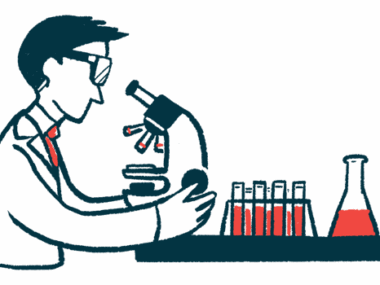Early Relapse in Multiple Myeloma Linked to Greater Economic Burden in US
Written by |

Multiple myeloma patients whose cancer progresses early after first-line therapy have a greater economic burden compared to those whose disease progresses later, a recent study shows.
The findings highlight the need for new treatment approaches that delay disease progression and reduce disease complications among these patients.
The study, “Economic burden of early progression in newly-diagnosed multiple myeloma patients,” was presented in June at the 2018 American Society of Clinical Oncology (ASCO) Annual Meeting, in Chicago.
In their search for new strategies to treat cancer, scientists around the world have developed many therapies, including ones that are specific for certain cancers.
Myeloma patients, for example, benefit from drugs that block proteasome (a structure that degrades faulty proteins in cells), drugs that block the CD38 or the SLAM7 protein, and certain immuno-modulatory drugs.
But, despite advances made in myeloma treatments, roughly 10 to 15 percent of patients experience early relapse.
Early relapses often are associated with a poorer prognosis, but how they impact healthcare costs in these patients is not known. To that end, researchers examined the economic burden of multiple myeloma patients who relapsed early using the U.S. Medicare database.
Patients in this study had at least two claims for myeloma medicines and had received at least one treatment from 2011 to 2015. Prior to this period, eligible patients had not received any myeloma diagnosis or myeloma therapy, including autologous stem cell transplant.
Among the 3,768 patients included in the study, the median time to a second treatment was 1,028 days (nearly three years). Most patients had received a double therapy as first line treatment.
Patients whose disease progressed during this time — 35.4 percent — were included in the early progression group. Patients who did not progress during follow-up — 63.4 percent — were included in the no-progression group.
In general, patients with early progression were younger than the overall Medicare population. They also incurred higher healthcare costs ($120,604) than those who did not progress ($96,684).
These costs included outpatient, inpatient, emergency room, office, and pharmacy visits for multiple myeloma ,as well as for other illnesses.
“This study helps in quantifying the economic burden of early progression, thereby indicating the need for therapies that delay progression,” the researchers stated.



